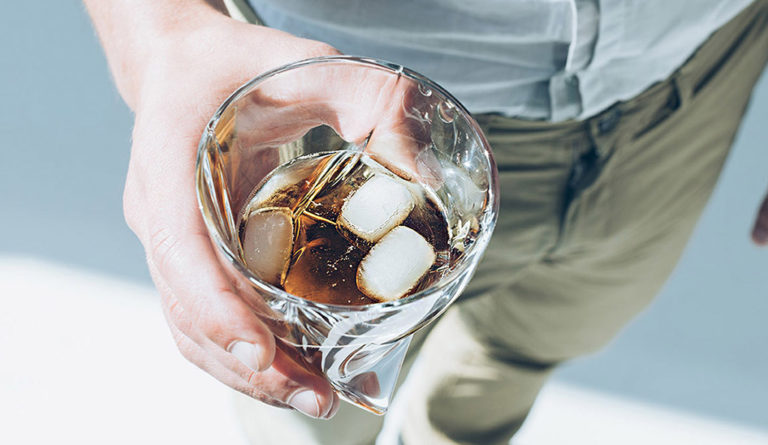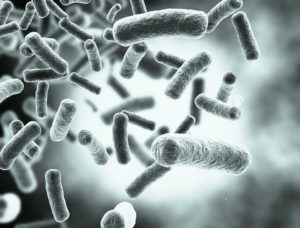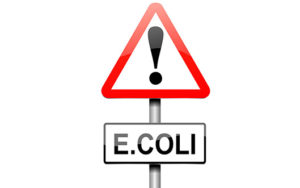The dirty truth about ice cubes

Ask yourself the question, how clean is the ice in your glass?
If you are not careful, your drink has a lot of dangerous bacteria, no matter where the ice was made, whether in a pub, restaurant, ice factory, or your own home. You may think that micro-organisms do not survive in the icy conditions of freezers, but the truth is quite different and this is backed up by years of research by scientists around the world freezing bacteria and studying their survival rates. Researchers emphasise that we cannot kill 100% of potentially dangerous bacteria found in food, such as Listeria, E. coli, Salmonella, and Noroviruses, no matter how long they remain frozen. In 2013, Norovirus found in contaminated ice cubes on a golf course in Phoenix made 80 people sick and one of them died. His death was caused by choking and not directly by the bacteria, but he would not have had any ailments if he had not consumed the contaminated ice... Bacteria, such as this one or Listeria, are resistant to sub-zero temperatures due to their robustness. If ingested, they cause fever, chills, headaches and dizziness, vomiting, and diarrhoea. In pregnant women, the elderly, and those with compromised immunity, the complaints may be more severe. Similar effects are observed for other bacteria, e.g., coliforms. They can cause very serious infections if they get into the urinary tract or, in extreme cases, cause meningitis.
Sources:
https://www.realtor.com/advice/home-improvement/dirty-truth-about-ice-cubes/
http://www.nbcnews.com/id/13775964/ns/dateline_nbc/t/dirty-ice-can-make-you-sick/#.XGfdmS16NE4
http://www.safeice.org/in-the-news.html

Can Bacteria survive in ice?
As a food product, ice must be free of microbiological contamination. There is a belief that freezing kills all microorganisms. While many types of bacteria indeed die, some are dormant and, once defrosted, spring back to life and begin to reproduce.

Ice is like water from toilets
Recent years have brought a lot of reports about ice produced by ice cube machines in bars and restaurants and home ice makers. The results of the samples are chilling. The samples have more bacteria than the water found in toilets. Daily Mail was one of the news websites publishing this hideous information

Bacteria in food and the risks they pose
The human body is made up of a number of interconnected systems and the malfunctioning of one system can affect the others. You should follow the good habits in your lifestyle to protect your body from contact with potentially dangerous micro-organisms, including bacteria.
Stowarzyszenie Producentów i Operatorów Certyfikowanego Lodu Spożywczego, (Association of producers and operators of certified food ice) KRS [National Court Register] No. 0000784552, REGON [National Official Business Register] No. 383424111, NIP [VAT] No. 7010927104 00-630 WARSZAWA, ul. POLNA 24/7

